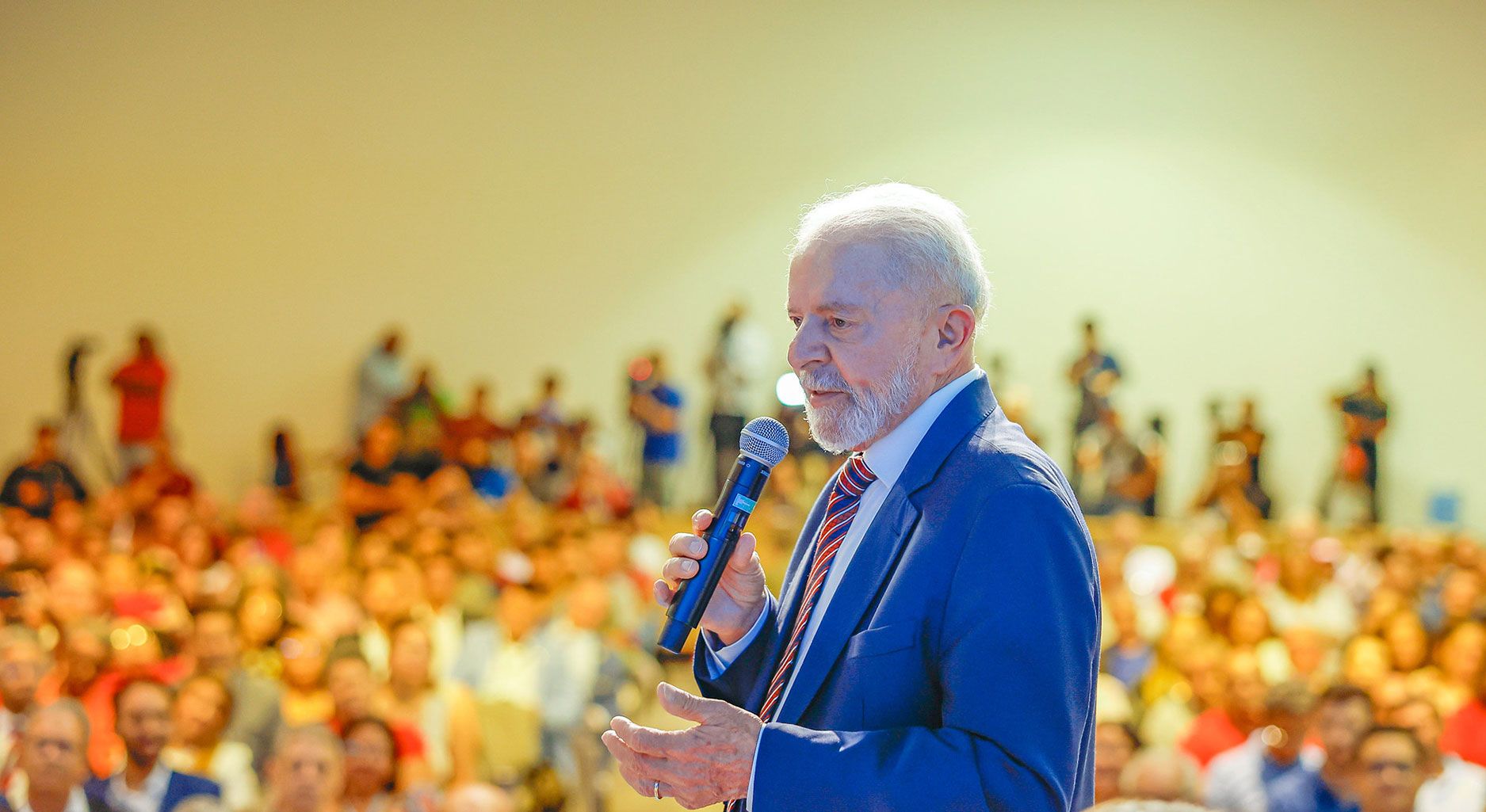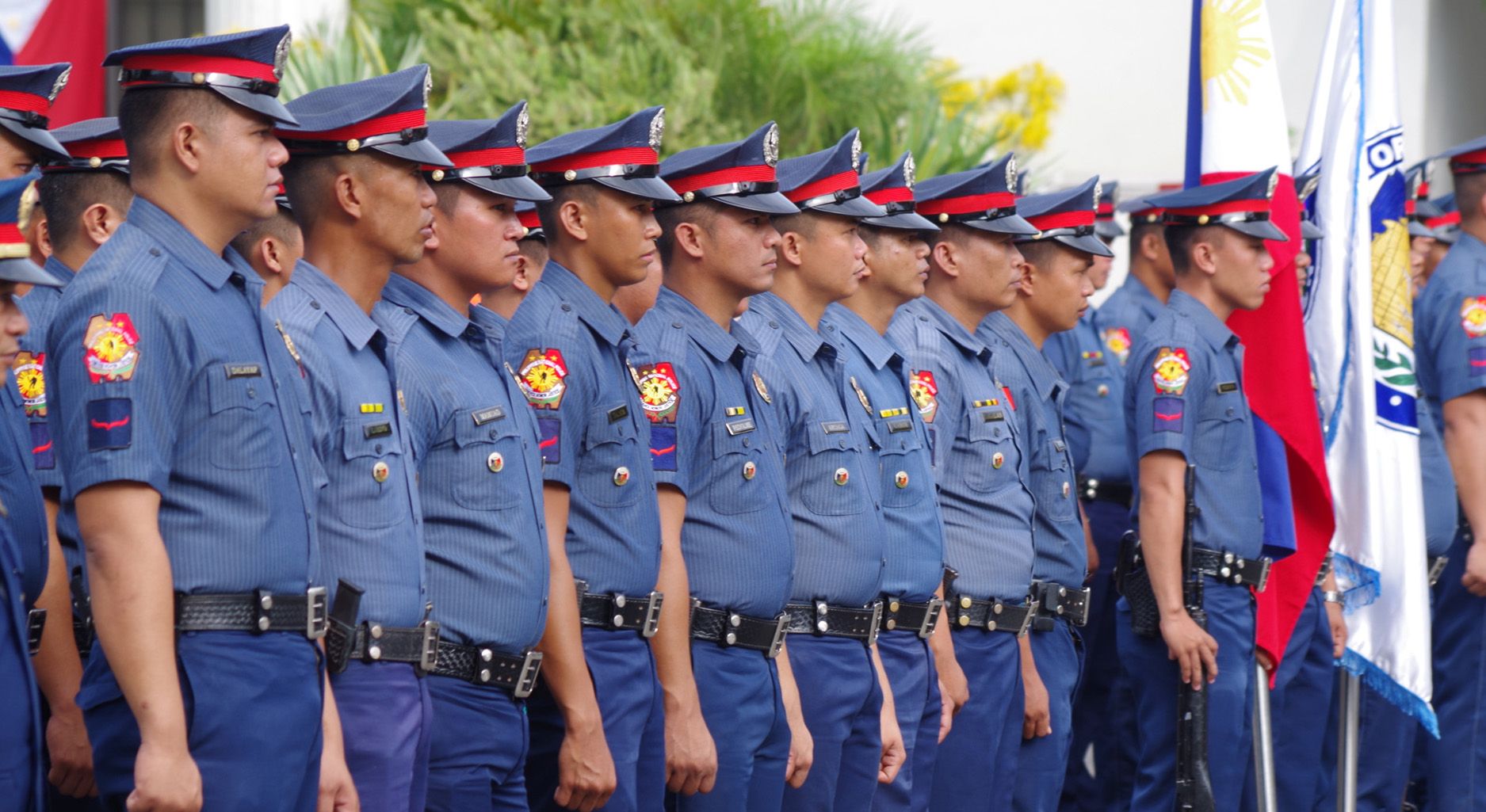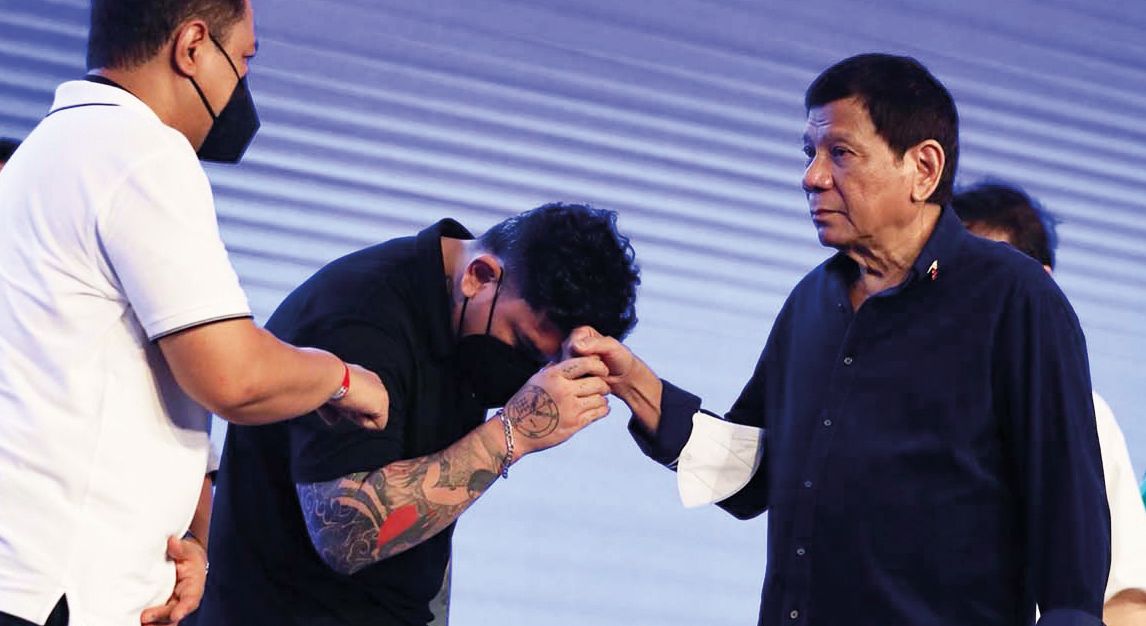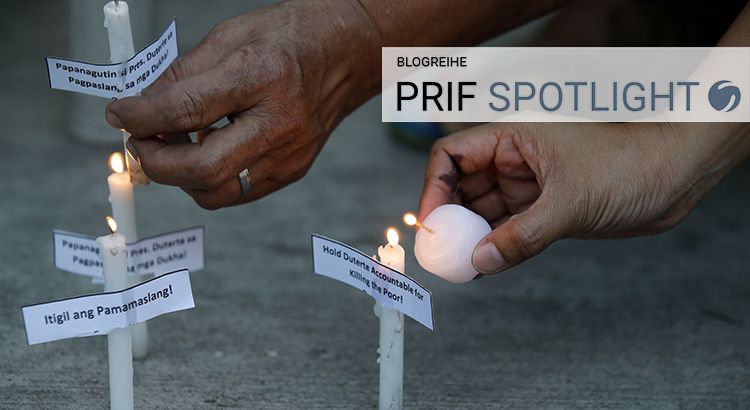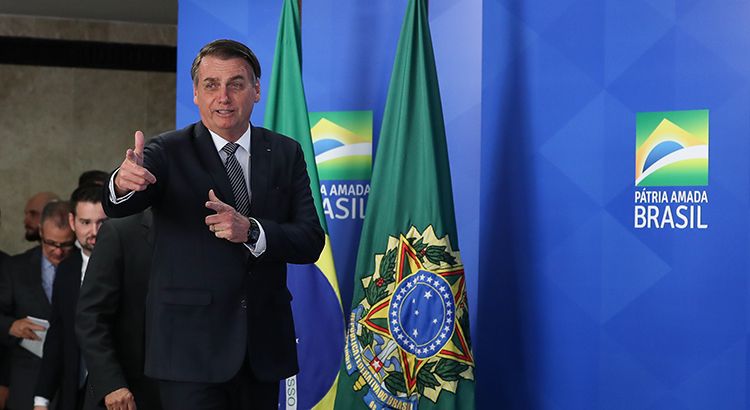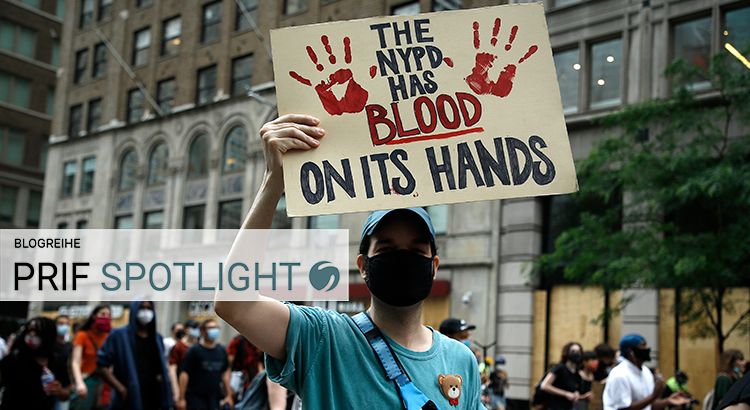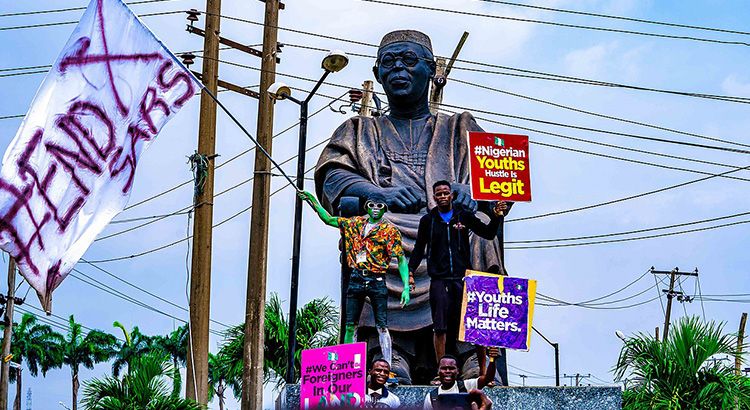Schlagwort: Polizei
Elected on a progressive platform promising respect for human rights, Brazilian President Luiz Inácio Lula da Silva faces the critical challenge of breaking the cycle of state violence and the use of excessive lethal force by public agents. Yet despite the administration being a third of the way through its term, government efforts to curb appear to be stuck in a state of inertia. This blog post examines the problems and opportunities facing Lula's administration today.
The Philippine National Police: Finally Putting Limits to Police Use of Deadly Force?
On March 22, 2024, Davao City mayor Sebastian Duterte declared that “Davao City is at war against drugs.” In the following days, seven suspects were killed in police anti-drug operations. However, shortly thereafter the mayor's call to arms was met with resistance from the police. Several police officers were relieved of their duties and the PNP-chief declared that “there is no need for a drug war.” Is the Philippine National Police finally taking on its dismal record on the use of deadly force?
Localization of Fatal Police Violence: Evidence from the Philippines
When discussing the use of deadly force in crime control, various factors are commonly considered, ranging from crime levels to organizational culture. Often overlooked is the influence of politics, especially local politics, on police use of deadly force, even though this may provide an important explanation for spatial and temporal variation within states. Using the Philippines as a case study, I contend that local political executives can strongly impact local police use of force levels.
Impunity and Police Vigilantism – Is the highly excessive use of deadly force by the police in the Philippines now over?
Since June 30, Rodrigo Duterte’s presidency has been a thing of the past. This Spotlight asks why police forces in the Philippines were so willing to carry out the killing of drug personalities at Duterte’s behest in 2016 and what that may mean for the future. I argue that the inability to successfully bring suspects to justice and the resulting damage to the police’s self-image as a potent guardian of peace and order foster vigilante activities by police where a political and social environment exists that legitimizes such a strategy of violent crime control.
Bolsonaro gunning at Brazilian democracy
In Brazil, September 7th is Independence Day, traditionally celebrated with civil and military parades in the capital Brazilia and many other cities. What was intended to foster national pride and unity threatens to damage that very unity this year, as President Bolsonaro wants to turn the events into a show of strength signalling his will to win in the 2022 elections by a coup d’état if necessary.
Tödliche Polizeigewalt in den USA. Rassismus, Armut, Ungleichheit, Gewaltkriminalität
Ist tödliche Polizeigewalt in den USA rassistisch geprägt oder verdeckt die Brille des individuellen und institutionellen Rassismus andere wichtige Bedingungsfaktoren wie das hohe Maß gesellschaftlicher Gewalt und die für ein Land des wohlhabenden Nordens extrem hohe Armutsrate und ungleiche Verteilung des gesellschaftlichen Wohlstands? Ist Polizeigewalt mithin ein Spiegel gesellschaftlicher Verhältnisse? Dieses Spotlight zeigt, dass es keine einfachen Antworten gibt. Der gegenwärtige Fokus auf „race“ („Rasse“) führt aber nicht nur zu verzerrenden Feindbildern, sondern steht auch einer umfassenden Bearbeitung der Gewaltdynamiken entgegen.
#EndSars: How Social Media Challenges Governance – the Case of Nigeria
Reading #EndSars in 2020, one might assume the hashtag is trending to inform about the dreaded coronavirus related Severe Acute Respiratory Syndrome (SARS) disease which ravaged the world from 2003. But not in Nigeria. #EndSars refers to a Nigerian a protest movement against police brutality. Although protests have been on-going intermittently in recent years, they gained increased momentum over three weeks ago and have resulted in violence and deaths in the last week. The #EndSars movement, started as a Security Sector Reform movement and has morphed into a cry for good governance in Nigeria.
Der Frankfurter Polizeiskandal: Über Sicherheitsbehörden, Rechtsextremismus und die Notwendigkeit einer Fehlerkultur
Die Frankfurter Rechtsanwältin Seda Başay-Yıldız und ihre Familie erhalten seit mehreren Monaten Morddrohungen im Namen eines „NSU 2.0“. Offensichtlich nutzen die Täter dafür nicht-öffentliche Informationen aus einem Polizeicomputer. Eine kritische Öffentlichkeit verlangt Aufklärung und das Bekanntwerden weiterer rechtsextremer Vorfälle in Sicherheitsbehörden wirft die Frage auf: Haben wir ein strukturelles Problem? Die Polizeiforschung zeigt indes: die Problematik ist nicht neu und sowohl der institutionelle Umgang als auch gesellschaftliche Umstände begünstigen extrem rechte Tendenzen. Helfen kann nur eine konsequente Fehlerkultur.
